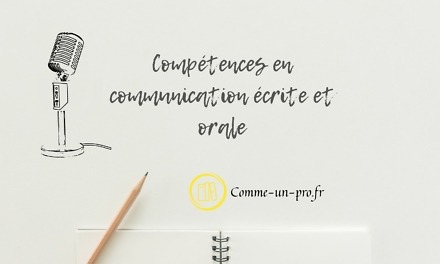Absentee messages are important work writing. But for a lot of reasons, they can be overlooked. This is explained by the context of their writing and sometimes by not taking into account the impact they can have.
Indeed, the absence message is an automatic message. Sent as a response to any message received within a time interval or within a defined period. Sometimes the message is prepared in the context of going on leave. This period, when you probably already have your mind elsewhere, may not be the best time to write your message.
What is the point of configuring an automatic absence message?
The absence from work message is important in many ways. It is used to notify all your employees of your absence. It also serves to provide information that allows them to continue their activities while waiting for you to return. This information is mainly the date of your recovery, emergency contact details to contact you or the contact details of a colleague to contact in an emergency. In view of all this, the message of absence is an essential act of communication for any professional.
Which are the errors to avoid ?
Given the importance of the absence message, several parameters must be taken into account so as not to shock or disrespect your interlocutor. Better to sound too respectful than disrespectful. So you can't use expressions like OUPS, pff, etc. You will need to take into account the profile of all stakeholders. Thus, avoid writing as if you are just talking to coworkers when your superiors or clients, suppliers, or even public authorities may be messaging you.
To avoid this inconvenience, it is possible with Outlook to have an absence message for internal company mails and another message for external mails. In any case, you will have to take into account all the profiles in order to produce a well-structured absence message.
In addition, the information must be useful and precise. Avoid ambiguous messages such as "I will be absent from tomorrow" knowing that whoever receives this information will not be able to know the date of this "tomorrow".
Finally, avoid using a familiar and casual tone. Indeed, the euphoria of a vacation in sight may cause you to use an overly familiar tone. Remember to stay professional until the end. Orally with colleagues this can happen but especially not in the context of working papers.
What type of absence message to choose?
To avoid all these pitfalls, choose a conventional style. This includes your first and last names, information on when you can process the message received and the person (s) to contact in case of emergency.





